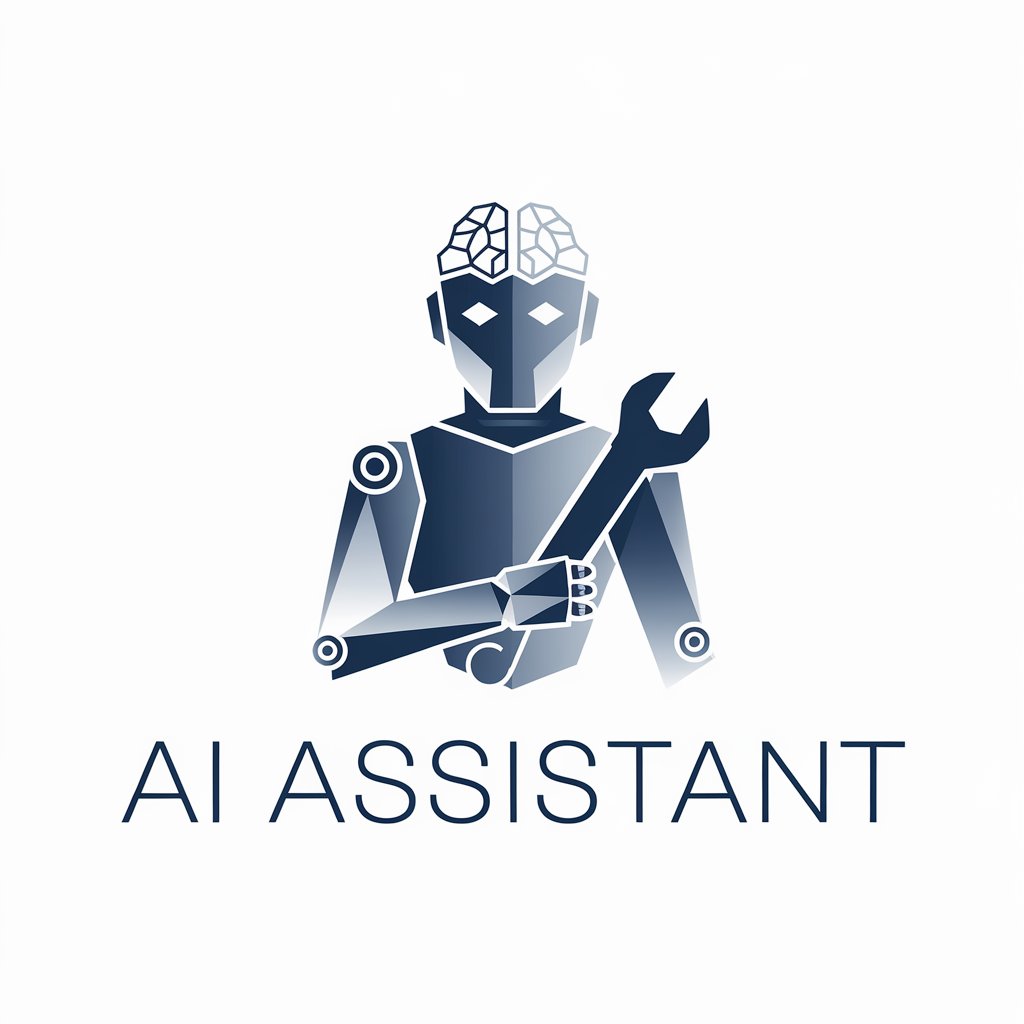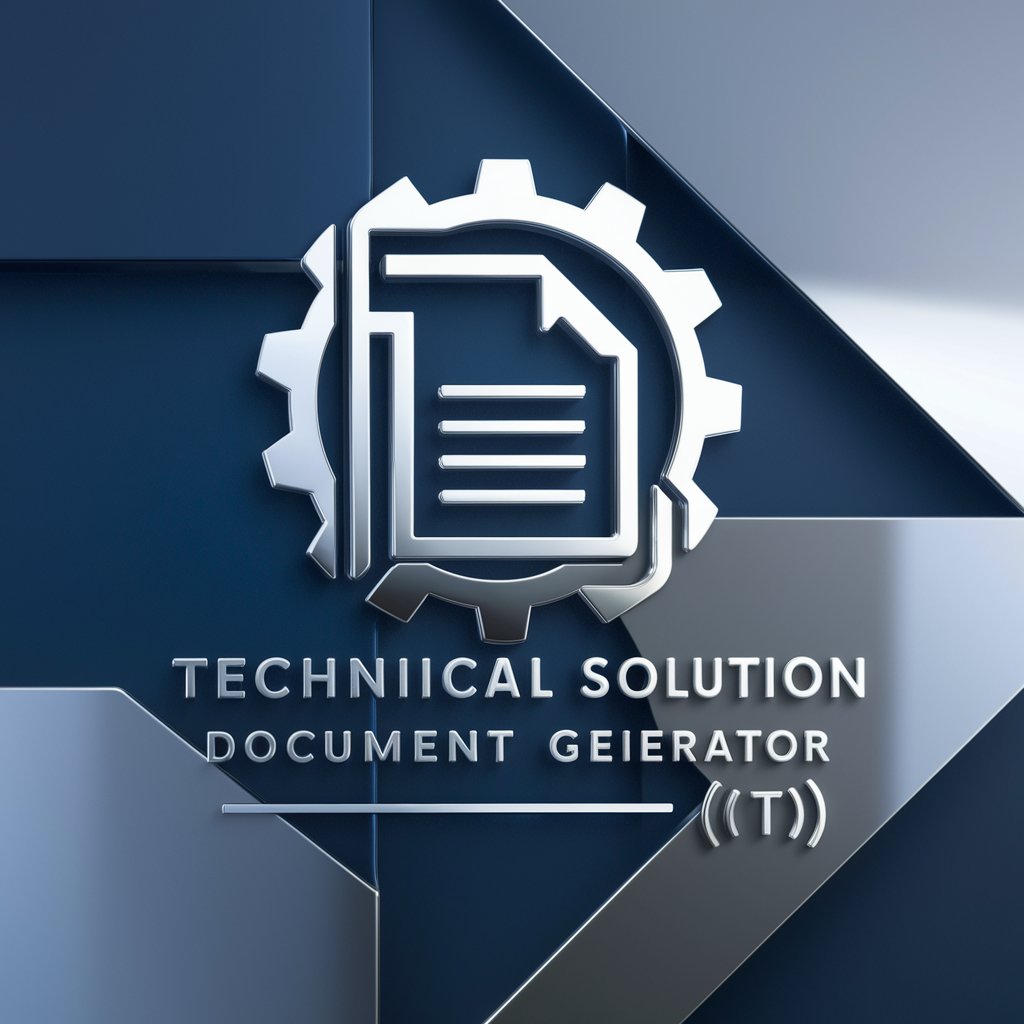
Project Management Doc Creator-AI project document generator
AI-powered generator for project management documents
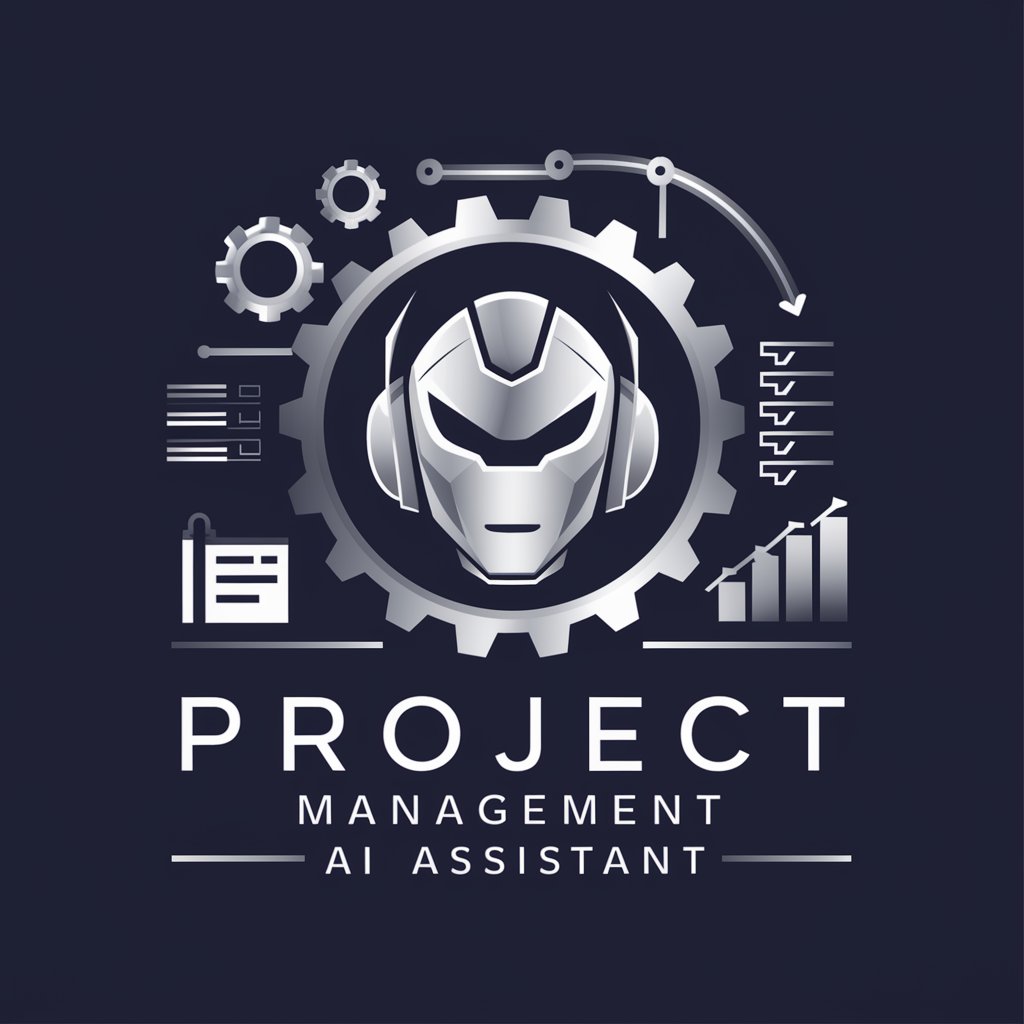
This GPT helps you to create Project Management documents based on the best practices and most used templates - Business Case / Benefits Plan / Project Closure / RACI / Risk Management / PM Canvas
Create a business case document
Create a Benefits Approach and Plan Document
Create a Project Closure document
Create a RACI Matrix
Risk Management Document
PM Canvas
Get Embed Code
Project Management Doc Creator — Purpose and Design
Project Management Doc Creator is an AI-driven specialist tool designed to produce high-quality, standards-aligned project management documentation quickly and consistently. Its design purpose is to combine best-practice templates (PMI, PRINCE2, APM, Scrum/Kanban) with structured inputs from users to generate tailored artifacts such as Business Cases, Project Charters/Project Initiation Documents (PIDs), Risk Registers, RACI matrices, communication plans, PM Canvases, and milestone schedules. The tool is optimized for speed, repeatability and governance: it enforces required sections, offers standard wording for legal/compliance items, and formats outputs ready for inclusion in board packs, PMO repositories or client deliverables. Examples and scenarios that illustrate these aspects: 1) Fast-track Business Case: A project manager has 48 hours to prepare a Business Case to secure funding. The PM provides project name, objectives, high-level scope, budget estimate and three options (do nothing, incremental upgrade, full replacement). Project Management Doc Creator returns a multi-section Business Case including executive summary, strategic alignment, cost/benefit (NPV/PaybackProject Management Doc Creator outline), recommended option with rationale, high-level roadmap and named assumptions and risks — formatted for direct upload to the PMO template library. 2) Standardized Portfolio Reporting: A PMO wants consistent risk and RACI information across 15 projects. The tool ingests each project's high-level inputs (sponsor, delivery lead, key milestones, known risks) and emits standardized risk registers and RACI tables that can be merged into a portfolio dashboard, ensuring consistent taxonomy (probability/impact scales, risk types) and role naming to enable aggregation. 3) Methodology-aligned Artifact Creation: An organization moves from ad-hoc delivery to a stage-gate approach based on PRINCE2. The tool produces stage-based PIDs and stage exit checklists mapped to PRINCE2 themes, including a recommended governance structure, acceptance criteria, and a transition plan to align current active projects with the new process.
Main functions and how they are applied
Automated Document Generation (Business Cases, Charters, Plans, PM Canvas)
Example
Input: project title 'Cloud ERP Replacement', objectives: reduce manual finance reconciliations by 70%, budget: $1.8M, timeline: 10 months, high-level constraints: must integrate with CRM. Output: a complete Business Case with executive summary, strategic fit, options analysis (including high-level cost/benefit and ROI/NPV sketch), high-level schedule (milestones), benefits realisation plan, assumptions and dependencies — ready for review and sign-off.
Scenario
A mid-size enterprise needs to present a business case to the steering committee to unlock budget. The PM uses the tool to produce a next-day formal Business Case and a one-page PM Canvas for presentation, reducing manual drafting time and aligning the proposal to the organisation's template standards.
Risk Management and Structured Risk Register Creation
Example
Input: list of known issues such as 'vendor delivery delay', 'legacy data quality', 'resource availability'. Output: a table of risks formatted to the specified structure: Short description; Full description: 'There is a risk that [cause], meaning that [mechanism], resulting in [impact]'; Probability (Low/Medium/High or percentage); Impact (Low/Medium/High or financial / schedule impact); Risk Type (technical/contractual/operational); and Mitigation Plan with owner and trigger conditions.
Scenario
Ahead of monthly steering, the PM compiles all team inputs and asks the tool to produce the risk register and a prioritized risk heatmap. The tool provides mitigation plans and recommended contingency budget items which the PM presents to the board for approval.
RACI Matrices, Stakeholder Mapping and Governance Tailoring
Example
Input: list of deliverables (Business Case, Design, Build, Test, Deployment), roles (Sponsor, Programme Director, PM, Lead Architect, Dev Team, QA, Operations). Output: a RACI matrix that assigns Responsible/Accountable/Consulted/Informed per deliverable, plus a stakeholder register with influence/interest assessment and recommended engagement frequency.
Scenario
A program manager onboarding new projects needs clear role/responsibility definitions for stage gates. The tool auto-generates a RACI and stakeholder engagement plan aligned to the organisation's governance model and suggests changes when role overlaps are detected, reducing confusion and approval delays at handover points.
Primary user groups and why they benefit
Project Managers and Project Leads
Why: They need to produce accurate, auditable project artifacts quickly while juggling delivery. How they benefit: saves drafting time, enforces required governance sections, produces consistent risk registers and change records, and helps translate informal project inputs into formal documents for steering committees. Example uses: creating a Business Case for budget approval, generating weekly status reports with standardized KPIs, preparing a RACI for a new workstream.
PMO Leads, Program & Portfolio Managers
Why: These users require standardization across multiple projects and traceability for decision-making. How they benefit: enforces template compliance, harmonizes taxonomy (risk scales, role names), enables roll-up reporting across projects, and accelerates onboarding of new PMs by giving ready-made artifacts. Example uses: producing portfolio-level risk aggregation, issuing a standard Project Initiation Document (PID) for regulatory audits, rolling out a single RACI approach across all programmes.
Quick start — 5 steps
Visit aichatonline.org for a free trial
Go to aichatonline.org for a free trial — no login required and no ChatGPT Plus needed. This lets you test Project Management Doc Creator instantly in your browser.
Prepare prerequisites
Have a modern browser and internet access. Gather core project inputs: purpose, objectives, scope, budget range, timeline, key stakeholders, known risks, constraints, and any existing templates or standards (PMI, PRINCE2, Scrum). Optional: list preferred output format (Word, PDF).
Select template and provide inputs
Choose the document type (Business Case, Risk Register, RACI, Project Plan, PM Canvas). Fill structured prompts with clear, specific information (owner names, dates, budgets, acceptance criteria). The tool uses these inputs to auto-populate sections and suggest PM-standard wording.
Customize, review, and iterate
Use the editor to adjust tone, add organization-specific details, and insert artifacts (charts, tables). Review for accuracy, update stakeholder names/roles, validate assumptions and risk mitigations. Re-runProject Management Doc Creator or refine prompts to generate alternative drafts quickly.
Export, govern, and integrate
Export final documents to Word or PDF, version-control them in your PMO repository, and share with stakeholders. Tip: export drafts for review, track changes, and maintain a single source of truth. For best results, feed the tool progressively richer inputs (metrics, historical data, stakeholder feedback).
Try other advanced and practical GPTs
Analizador de Imagenes
AI-powered image analyzer for instant insights

Richkids- Trading AI Helper
AI-powered trading insights for smarter decisions.

产业链分析专家0306
AI-powered industry-chain analyzer and scorer.
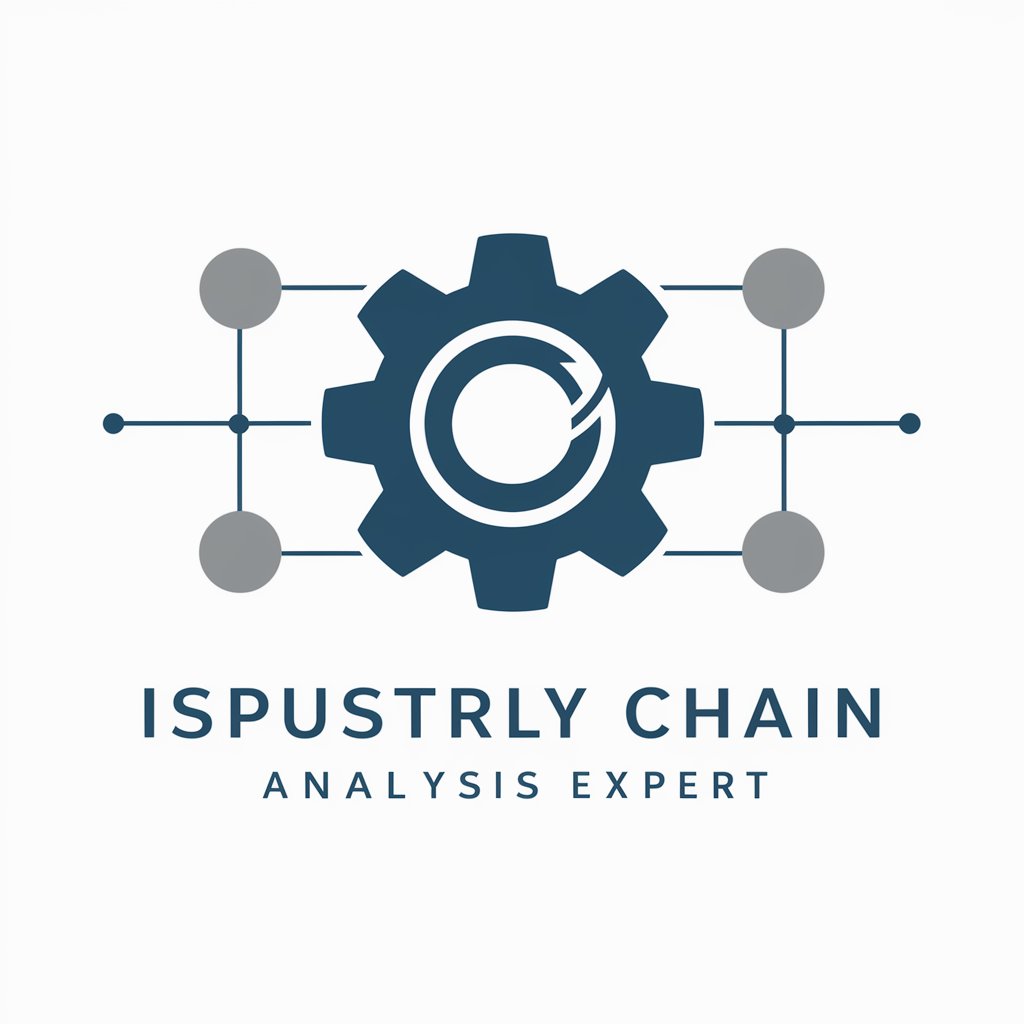
React TypeScript/MUI Atomic Design Wizard
AI-powered builder for TypeScript React components
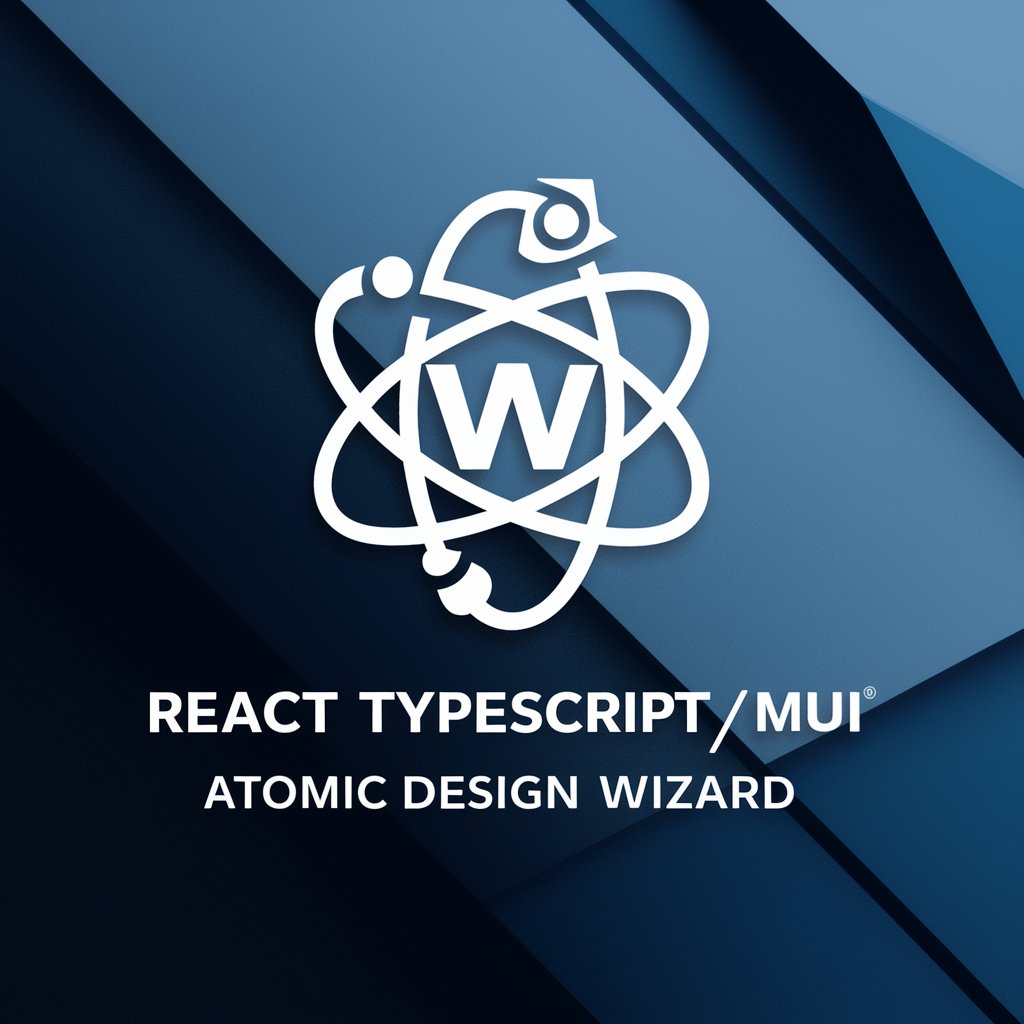
GROMACS Guru with Memory
AI-powered GROMACS advisor with memory
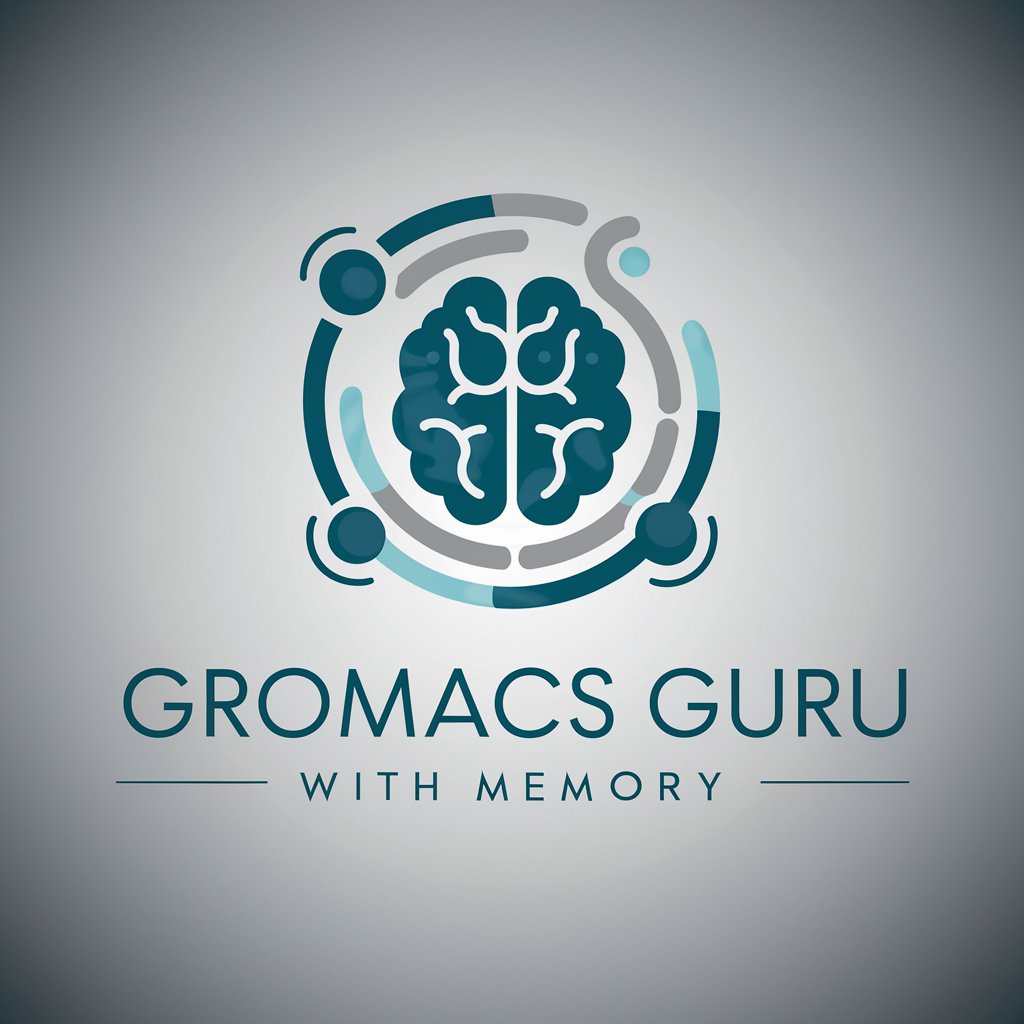
Englisch/German I Deutsch/Englisch
AI-powered, seamless English-German translation.
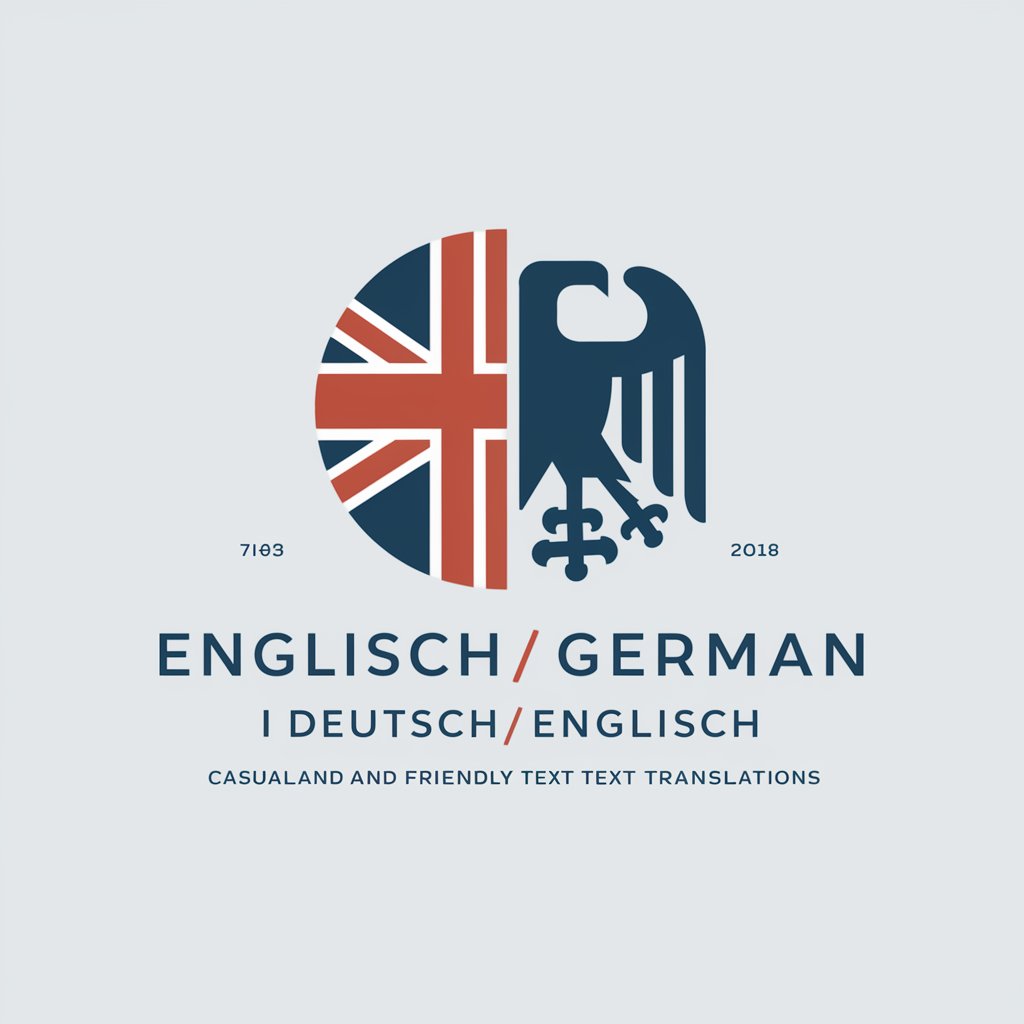
Vatsalya krishnan
AI-powered reasoning assistant for precise, actionable answers
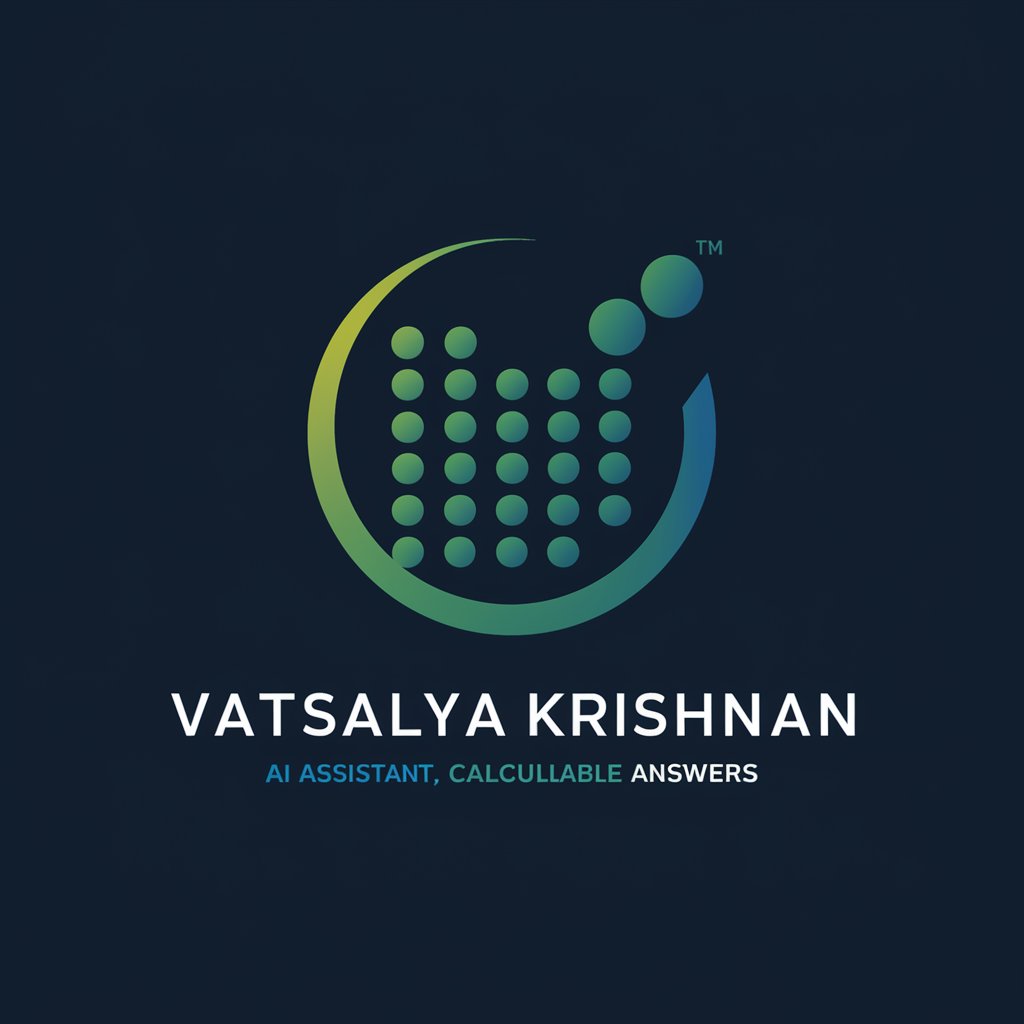
WHM CPanel Expert
AI-powered WHM/cPanel management and optimization
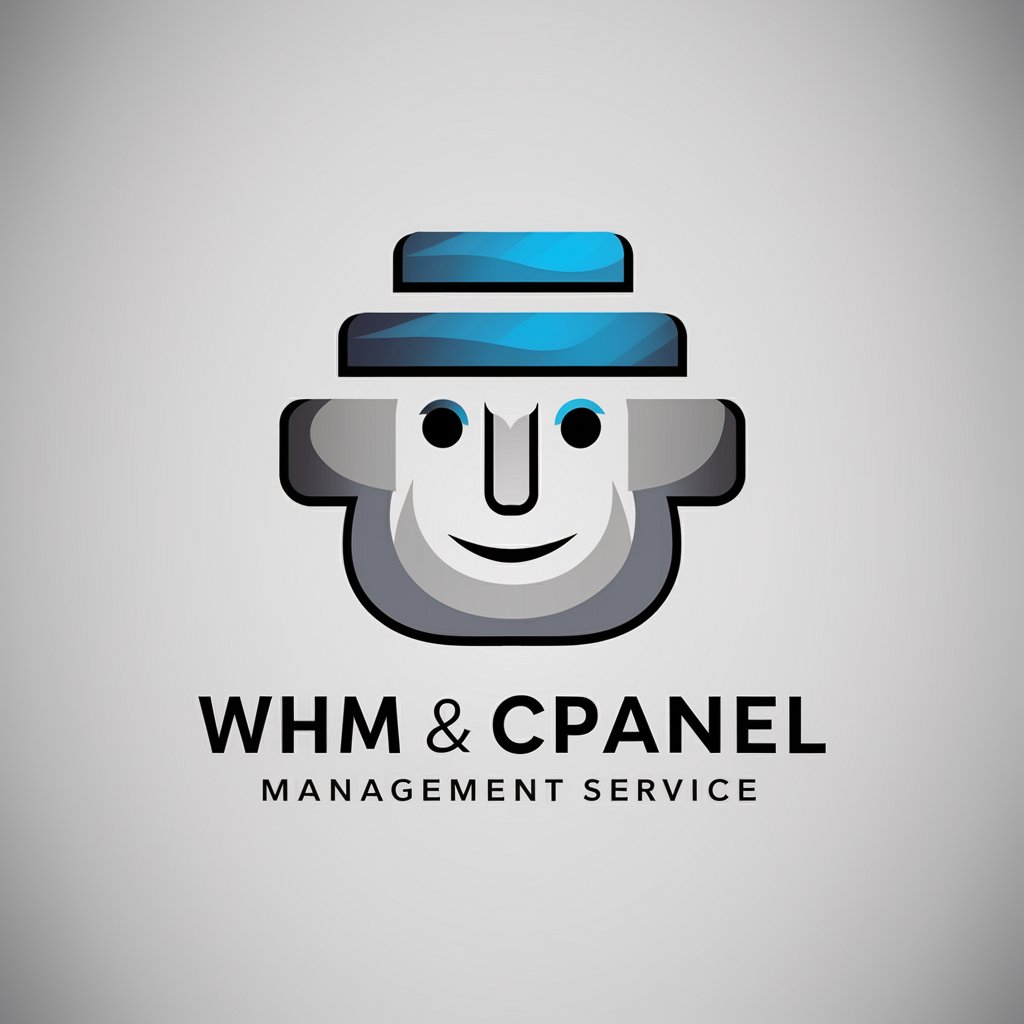
오늘 뭐 쓸까 by 애드센스 스쿨
AI-powered content ideation for bloggers
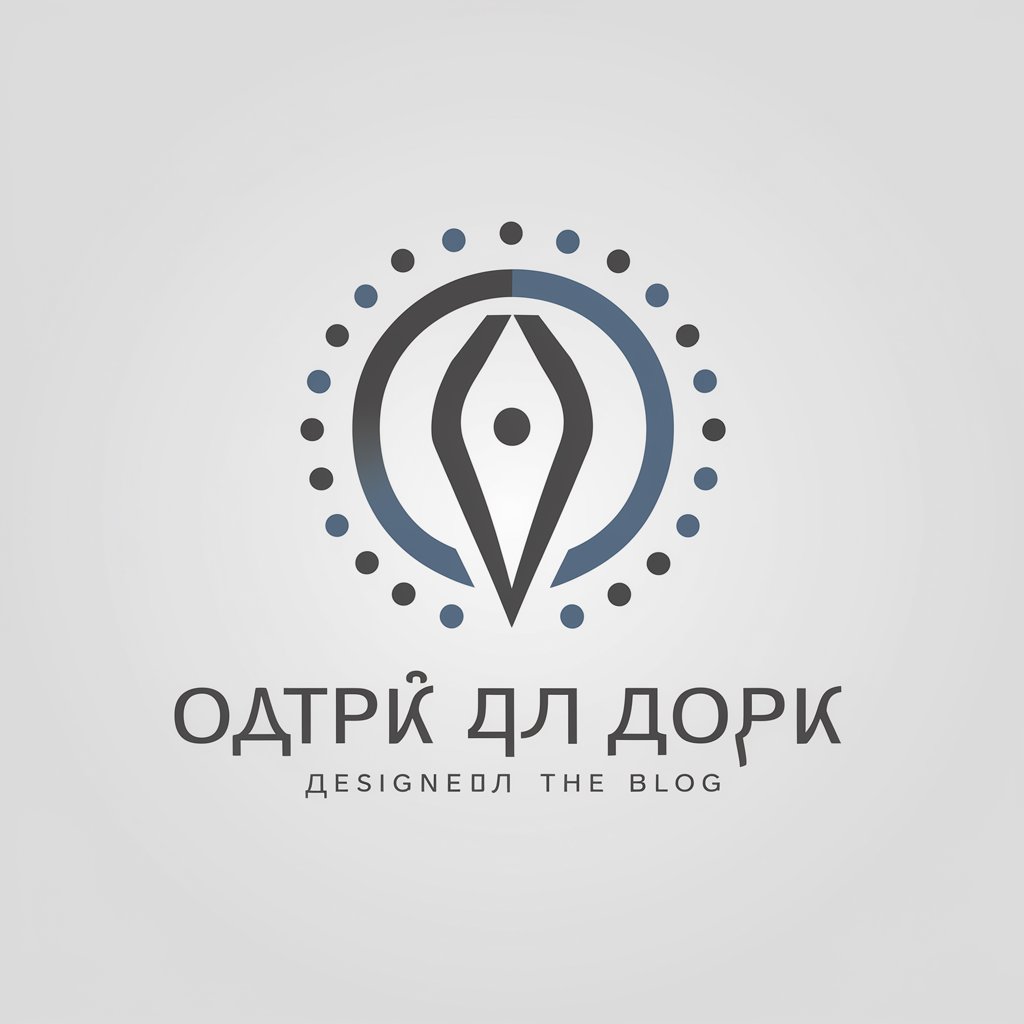
IT Project Manager
AI-powered planning, tracking, and risk mitigation for IT projects
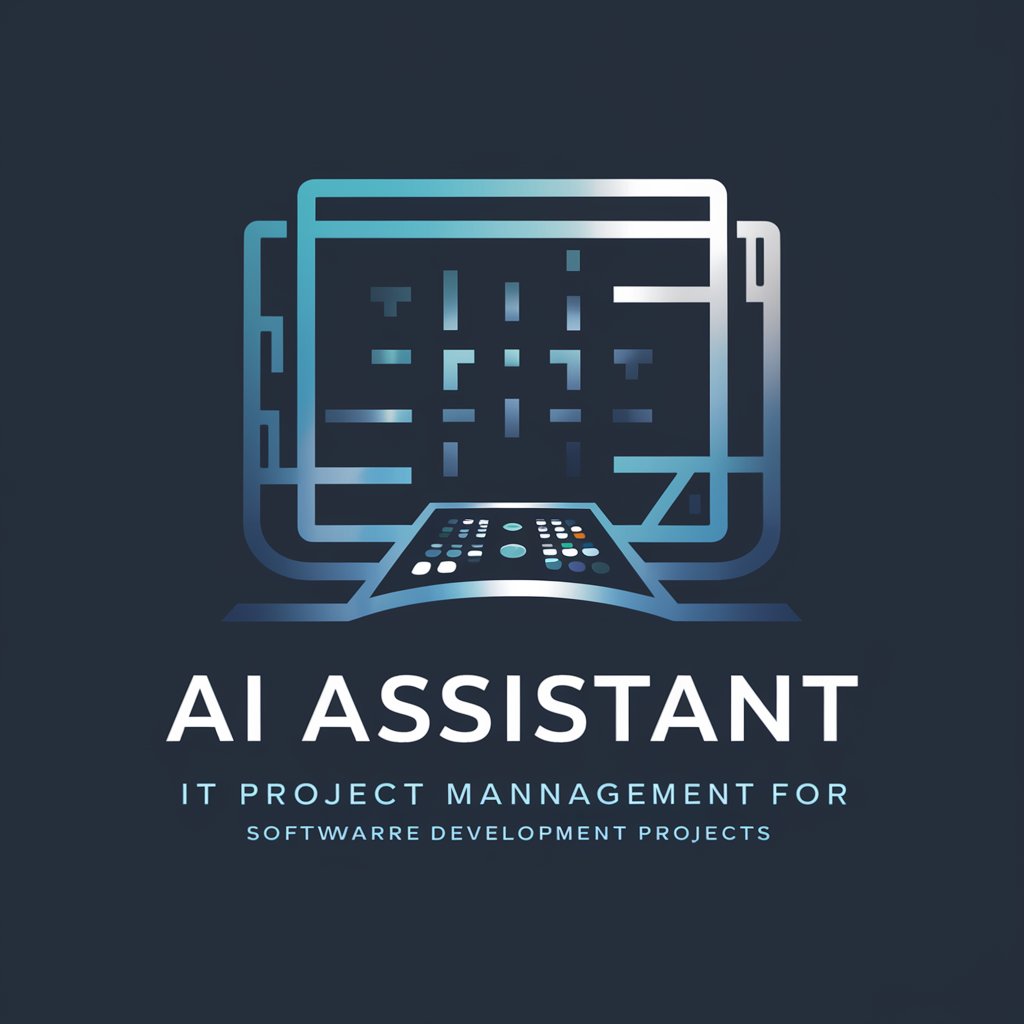
Unity Buddy - C# Programmer for Unity 3D
AI-driven code generation and debugging for Unity.
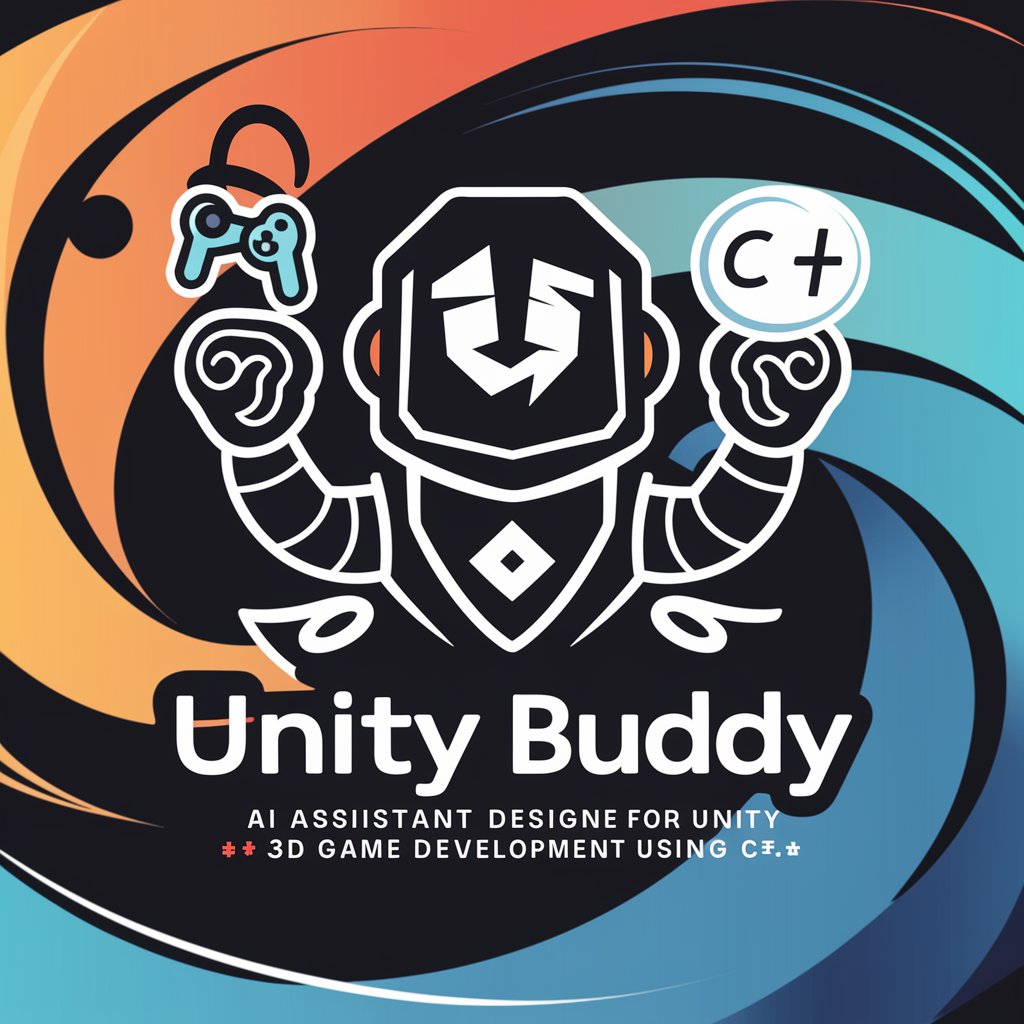
Matematica
AI-powered math assistant for clear solutions.

- Business Case
- Risk Register
- RACI Matrix
- Project Plan
- Stakeholder Map
Top questions about Project Management Doc Creator
What document types and templates does the tool support?
It provides PM-focused templates such as Business Cases, Project Charters, Project Plans, Risk Registers, RACI Matrices, Stakeholder Maps, PM Canvases, Change Requests, and Status Reports. Each template follows industry best practices (PMI/PRINCE2/Agile patterns) and is editable so you can enforce organisation-specific fields or governance rules.
How customizable are generated documents?
Highly customizable — you control content by supplying structured inputs and editing generated text. You can change wording, add company branding, swap sections, attach tables/figures, and apply corporate templates. The tool supports iterative refinement: give feedback prompts (e.g., 'make the tone formal', 'shorten executive summary to one paragraph') and it will regenerate accordingly.
How does it handle data security and confidentiality?
Best practice: keep sensitive data to a minimum in free trials. For production use, use your organisation's secure deployment or approved instance and follow your data governance policies. The tool supports exporting to local files (Word/PDF) and integrating with secure storage. Always confirm the deployment’s privacy policy and encryption standards before uploading confidential information.
Can it enforce or reference PM methodologies (PMI/PRINCE2/Scrum)?
Yes — templates and recommended sections align to major methodologies. When you select a template, you can specify the methodology and the output will include the relevant governance sections (e.g., benefits realization for PRINCE2, backlog and sprints for Scrum). You can also request methodology-specific phrasing and artefacts.
What output formats and collaboration features are available?
Outputs typically include downloadable Word and PDF documents and copyable Markdown. Collaboration workflows let you export drafts, collect reviewer comments, and iterate. For enterprise setups, it can integrate with document management or PM tools (via copy/paste or connectors where supported) so teams can maintain version control and approval trails.




